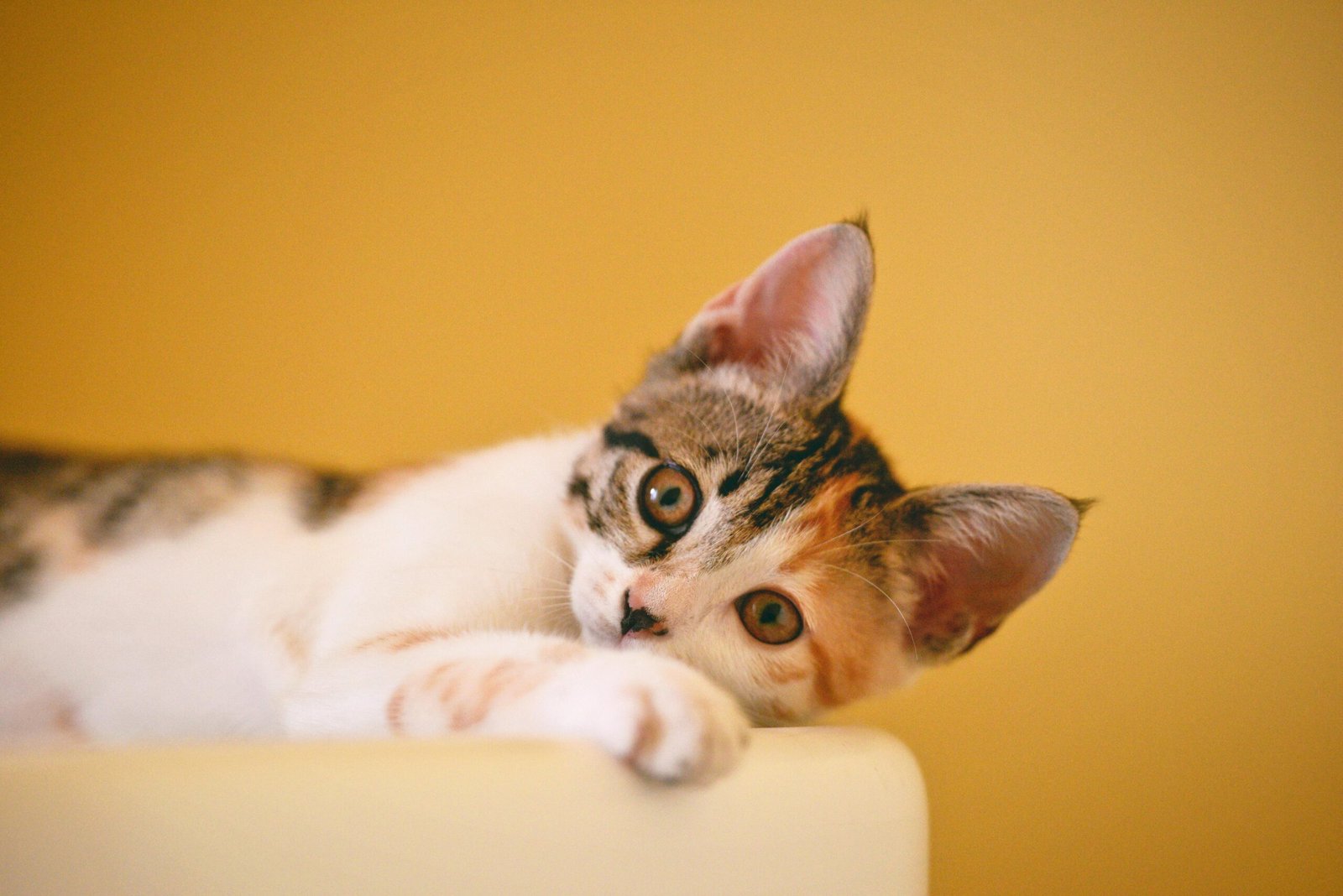Cats are beloved companions, but their behavior can sometimes puzzle us. One of the most common issues cat owners’ faces is when their feline friends start pooping outside the litter box. This can be frustrating and concerning. Understanding the reasons behind this behavior is the first step to finding solutions.
Health Issues May Be a Factor
First and foremost, consider your cat’s health. Cats may poop outside the litter box due to medical issues. Common problems include urinary tract infections, gastrointestinal issues, or even arthritis. If your cat is suddenly pooping outside the box, it’s wise to consult your veterinarian. A thorough check-up can rule out any serious health concerns. After all, a healthy cat is a happy cat.
Litter Box Problems
Next, evaluate the litter box itself. The litter box may not be suitable for your cat. Cats can be picky about their litter. Some prefer clumping clay, while others favor natural or crystal options. Additionally, the box itself should be clean. Cats are fastidious animals. If the litter box is dirty, they may refuse to use it. Therefore, make sure to scoop the box daily and change the litter regularly.
Location Matters
Location is another critical factor. Cats like privacy when they do their business. If the litter box is in a high-traffic area, your cat may feel stressed. Choose a quiet, safe location for the litter box. Avoid placing it near food or water bowls, as this can deter your cat. Consider multiple litter boxes if you have several cats. The general rule is one box per cat, plus one extra.

Stress and Anxiety
Moreover, stress and anxiety can play a significant role in your cat’s behavior. Changes in the household can upset your cat. This includes moving to a new home, the arrival of a new pet, or even changes in your routine. Cats are creatures of habit. If they feel insecure, they may resort to inappropriate elimination. Creating a stable environment can help ease their anxiety. Spend quality time with your cat to help them feel secure.
Age-Related Issues
Age can also impact litter box habits. Senior cats may have mobility issues that make it difficult to access the litter box. If your cat is older, consider providing a low-sided box for easier access. Additionally, they may experience cognitive decline, which can lead to confusion about where to eliminate. Keeping their environment simple and familiar can help them navigate their space better.
Training and Reinforcement
Training your cat can be another effective solution. Positive reinforcement works wonders. When your cat uses the litter box, reward them with treats or praise. This encourages them to continue using it. Conversely, avoid punishment, as it can create fear and anxiety. Instead, focus on positive associations with the litter box.
Environmental Enrichment
Moreover, providing environmental enrichment can help. Boredom can lead to inappropriate behavior. Ensure your cat has plenty of toys and activities. Interactive toys or puzzle feeders can keep them engaged. Additionally, scratching posts and climbing structures offer stimulation. A happy, entertained cat is less likely to develop behavioral issues.
Monitoring Your Cat’s Behavior
Finally, keep a close eye on your cat’s behavior. Take note of any changes in their litter box habits. If the problem persists, consider keeping a journal. Record when and where your cat eliminates outside the box. This information can be helpful for your veterinarian or a behaviorist. They can help you identify patterns and possible triggers.
Conclusion: Finding the Right Solution
In conclusion, if your cat is pooping outside the litter box, it’s essential to address the issue promptly. By considering health issues, litter box conditions, and environmental factors, you can find effective solutions. Remember, patience and understanding are key. With a little effort, you can help your feline friend return to using the litter box consistently. Your cat deserves a happy, healthy home—so take action today!
